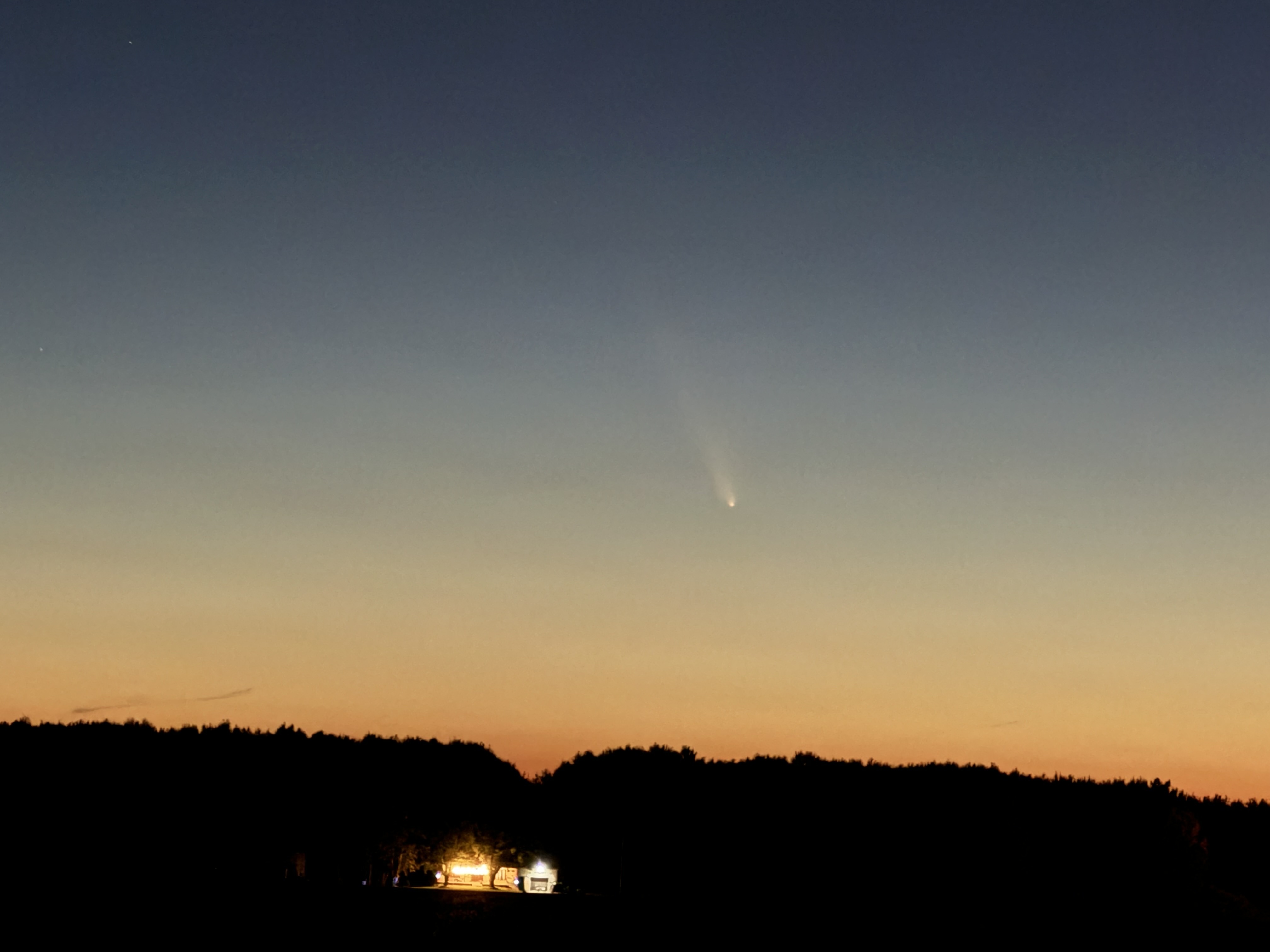this post was submitted on 13 Oct 2024
163 points (100.0% liked)
Space
9199 readers
37 users here now
Share & discuss informative content on: Astrophysics, Cosmology, Space Exploration, Planetary Science and Astrobiology.
Rules
- Be respectful and inclusive.
- No harassment, hate speech, or trolling.
- Engage in constructive discussions.
- Share relevant content.
- Follow guidelines and moderators' instructions.
- Use appropriate language and tone.
- Report violations.
- Foster a continuous learning environment.
Picture of the Day
 The Busy Center of the Lagoon Nebula
The Busy Center of the Lagoon Nebula
Related Communities
🔭 Science
- [email protected]
- [email protected]
- [email protected]
- [email protected]
- [email protected]
- [email protected]
- [email protected]
- [email protected]
- [email protected]
🚀 Engineering
🌌 Art and Photography
Other Cool Links
founded 2 years ago
MODERATORS
you are viewing a single comment's thread
view the rest of the comments
view the rest of the comments


Hell yeah. Did you have to do a long exposure for this, or could you also see it with the naked eye?
I've tried catching a glimpse over the last few days, but it's just too close to the sun, even after sundown.
Naked eye, but you need to let your eyes get used to the dark. I’m at a campsite in the middle of farmland, so not many light sources.
I just used an iPhone on top of a picnic table. 2 or 3 seconds exposure.
Noice. There isn't too much light pollution around where I live, so I'm hoping to get to see it some time over the next few days if the conditions are right
If you have binoculars you should try using them. It’s not so much about the magnification, but rather the amount of light collected. Basically, the diameter of the objective lens is bigger than your own eyeball lenses/irises, so therefore more light is collected and projected to your retina while using binoculars.
I’m in western Canada right now and have so far not had the right conditions to see it myself. I’m hoping that might change in the next day or two.
Ah, thanks for the tip. I've got a dinky little pair of binoculars lying around, so I'll give 'em a try
We were able to see it with the naked eye. Our area has less light pollution than most, but still very much not a dark zone.
Wait long enough after sundown that it gets pretty dark. Even if its lower in the horizon, it'll be easier to see if it's still in your field of view.
I went to the beach with some friends to watch at sunset. We kept looking for it. Even using Stellarium and binoculars we didn't see it and assumed it was too low to the horizon and obscured by haze.
It got dark. We figured we weren't gonna see it. We started looking at the other stars/constellations as they became visible with advanced darkness. We were just about to pack up and go home when we realized we could plainly see it!